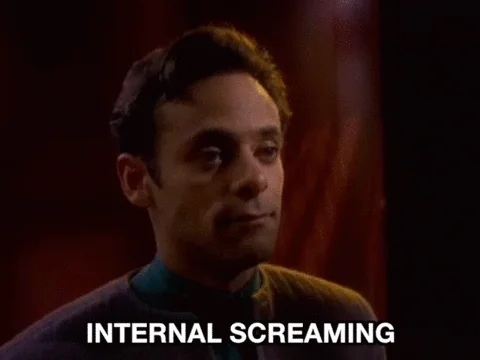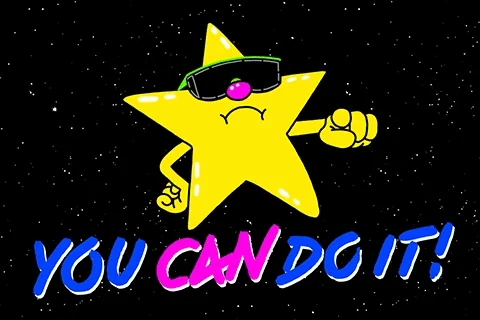
This logo isn't an ad or affiliate link. It's an organization that shares in our mission, and empowered the authors to share their insights in Byte form.
Rumie vets Bytes for compliance with our
Standards.
The organization is responsible for the completeness and reliability of the content.
Learn more
about how Rumie works with partners.
You're feeling confident in the interview. The conversation is flowing. Then the interviewer leans in and asks:
"Can you describe a high-pressure situation you had to handle?"
Your mind races. What do you say?

This is a critical interview question! Your answer reveals your self-awareness and ability to connect skills to the position.
What the Interviewer Wants to Know
The interviewer wants to know if you have these skills:
Self-awareness: Recognize what triggers your stress and how you respond to it.
Coping strategies: Demonstrate effective methods you've used to manage stress, such as time management, prioritization, or mindfulness techniques.
Problem-solving skills: Provide examples of when you've successfully navigated stressful situations to achieve positive outcomes.
Resilience: Show that you can recover from setbacks and maintain productivity.

What You Don't Want to Say
"I don't really get stressed."
"I just wing it when things get intense."
"Pressure makes me shut down, honestly."
Why doesn't this work?
These answers make it seem like you either haven't experienced real challenges or you haven't learned how to manage them.
Employers value hearing how you actively addressed challenges, specific actions you took, and strategies you used. This demonstrates problem-solving skills, not just reactions to difficulty.

So, How Do You Answer?
Here's what makes a strong answer:
Pick a real example, one that shows something was genuinely at stake (a deadline, a tough decision, an unexpected problem).
Explain what the challenge was and how you personally took action.
Talk about the outcome, but also reflect on what you learned. This shows growth.
Keep it relevant to the job you're applying for if possible.
Think of it as storytelling:
You're showing the interviewer how you think, how you act, and how you grow when the pressure is on.

Challenge Quiz: Which Response is the Best Answer?
You're interviewing for a customer service supervisor. The interviewer asks:
"Tell me about a time you faced a high-pressure situation at work."
 Photo by LinkedIn Sales Solutions on Unsplash
Photo by LinkedIn Sales Solutions on UnsplashOption A
Once, we had a high rush of customers during a holiday sale and we were extermely short-staffed. I stayed calm, focused on each customer one by one, and made sure to stay polite and quick. My manager praised me for not losing my cool, and I learned how important it is to stay calm in chaos.
Option B
There was a time when I had to lead a shift alone because two coworkers called in sick unexpectedly. I managed the register, answered customer questions, and handled phone calls. I felt overwhelmed, but I pushed through. I've always believed pressure builds resilience, and I think I handled it the best I could.
Quiz
Which response best shows that you handle pressure?
Option A is more effective because it’s specific, shows what you actually did, and includes a result (your manager’s praise and successful customer management). Option B is too vague and doesn’t explain how you handled the pressure, just that you "pushed through".
Take Action
Take 10 minutes to think about a high-pressure situation when you're preparing for an interview.
Ask yourself:
Write your story down in a few sentences. Practice saying it out loud until it feels natural. That way, if this question comes up, you won't freeze. You'll show you're confident, capable, and calm under pressure.

This Byte has been authored by
clara h
Instructional Designer; Teacher
MD